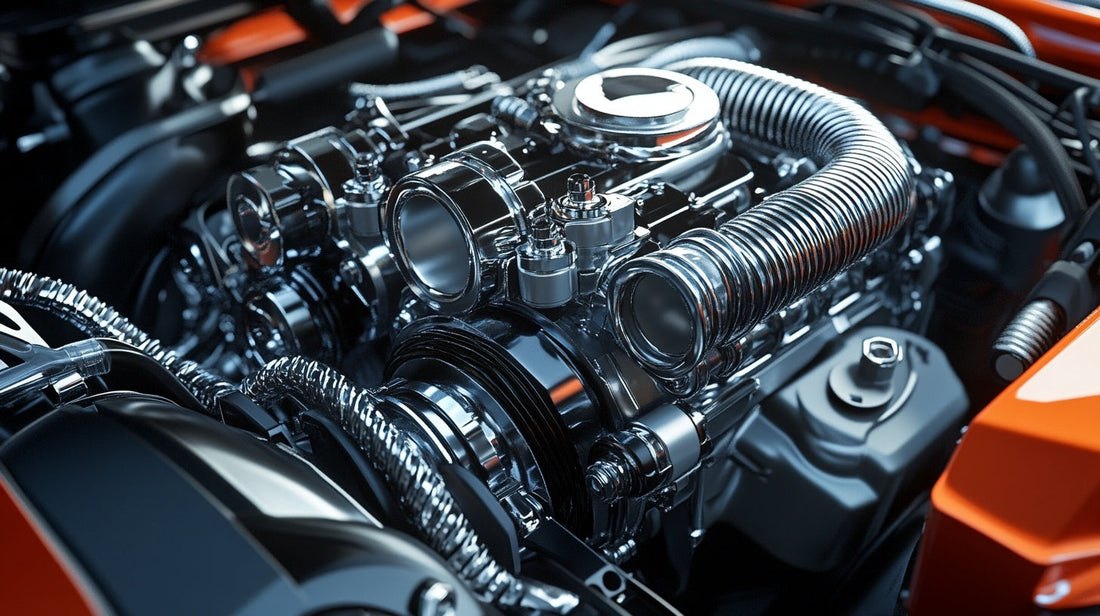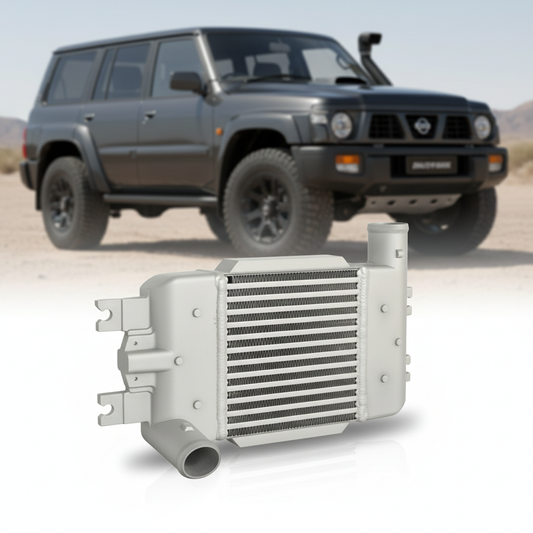If you’ve ever turned the key in your car and heard that dreaded click sound instead of the engine purring to life, you’re not alone. Difficulty starting your car is a common problem for many drivers. While a slight delay in starting can be normal due to weather or other external factors, persistent issues or repeated failed attempts to start the engine often point to a deeper issue, usually within the ignition system.
Here are 7 common reasons why your car might be struggling to start and how you can troubleshoot the problem:
1. Carbon Build-Up Affecting Ignition
If your car struggles to start, especially with slight vibrations when idling, it could be due to carbon deposits in the intake system. Over time, these deposits can interfere with air flow and fuel injection, making it harder for the engine to fire up.
Solution: A good cleaning of the throttle body, intake system, and fuel injectors should clear up the carbon build-up. Regular cleaning can prevent these issues from becoming a bigger problem.
2. Weak Spark Plug Ignition
Spark plugs are essential for igniting the air-fuel mixture in the engine, but they can wear out over time. If you’ve skipped spark plug maintenance, or haven’t replaced them at their recommended intervals, their performance could be compromised. This is especially true for modern vehicles with direct injection engines, which demand higher spark plug performance.
Solution: Regularly replace your spark plugs as part of your car's routine maintenance. If you notice poor ignition, it’s best to replace the spark plugs to restore engine performance.
3. Fuel Pressure Low in the Fuel System
A low fuel pressure problem can prevent your engine from starting, even after multiple attempts. This issue often stems from the fuel pressure regulator, fuel pump, or fuel filter.
Solution: To check for this, inspect the fuel pressure regulator, fuel pump, and the fuel filter. If any of these components are faulty, they need to be replaced to restore proper fuel flow.
4. Battery Running Low
A flat battery is one of the most common reasons cars fail to start. Often, when this happens, the engine doesn’t get enough electrical power to turn over, and the car simply doesn’t start.
Solution: If you suspect a battery issue, try jump-starting the car with another vehicle or a portable jump starter. If the problem persists, it may be time to replace the battery.
5. Clogged Exhaust System
A blocked exhaust system is relatively rare, but it can happen. Sometimes, debris or even a prank can clog the exhaust pipe, preventing the car from starting.
Solution: If the exhaust is blocked, a mechanic can help clear the obstruction. It’s an easy fix, but can cause a lot of headaches if overlooked.
6. Too Rich or Too Lean Fuel Mixture
Experienced mechanics often have a quick trick up their sleeves when a car won’t start. If everything else seems fine, they may spray some fuel cleaner into the throttle body. This can help start the engine when the mixture is too rich (too much fuel) or too lean (too little fuel).
Solution: If the fuel mixture is off, ensure that your fuel system is properly balanced. If you’re unsure, spraying fuel cleaner is a temporary fix, but getting a full inspection is a good idea.
Conclusion:
Starting issues can be frustrating, but the good news is many of these problems are easily fixed with the right knowledge and tools. By following the steps above, you can often pinpoint the issue and take care of it before it leads to more serious engine trouble.
This guide is brought to you by KakaAutoParts.com.au.
For DIY tools, quality parts, and more repair tutorials, visit our online store.
Got your own repair story or tip to share? Join our growing DIY community forum!




